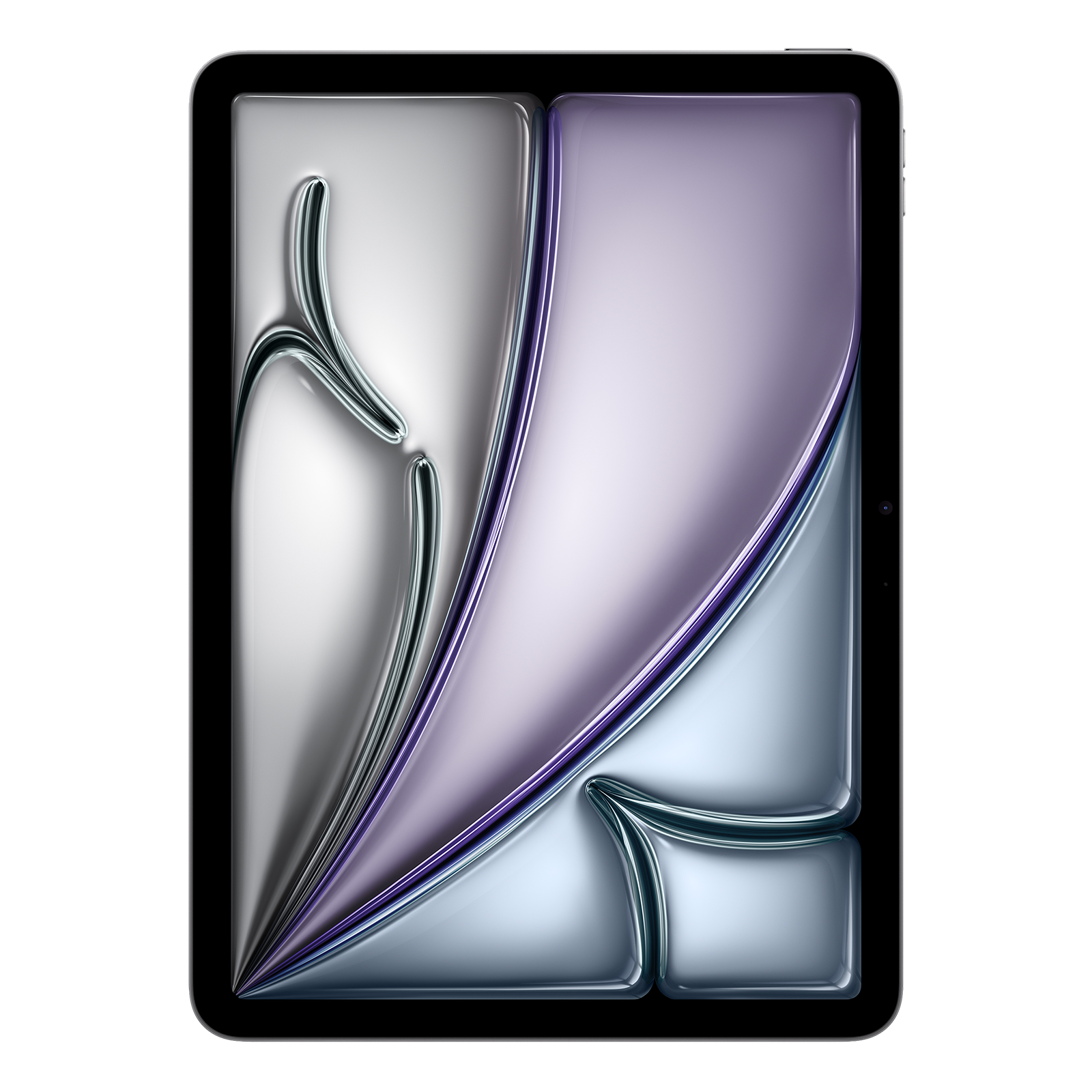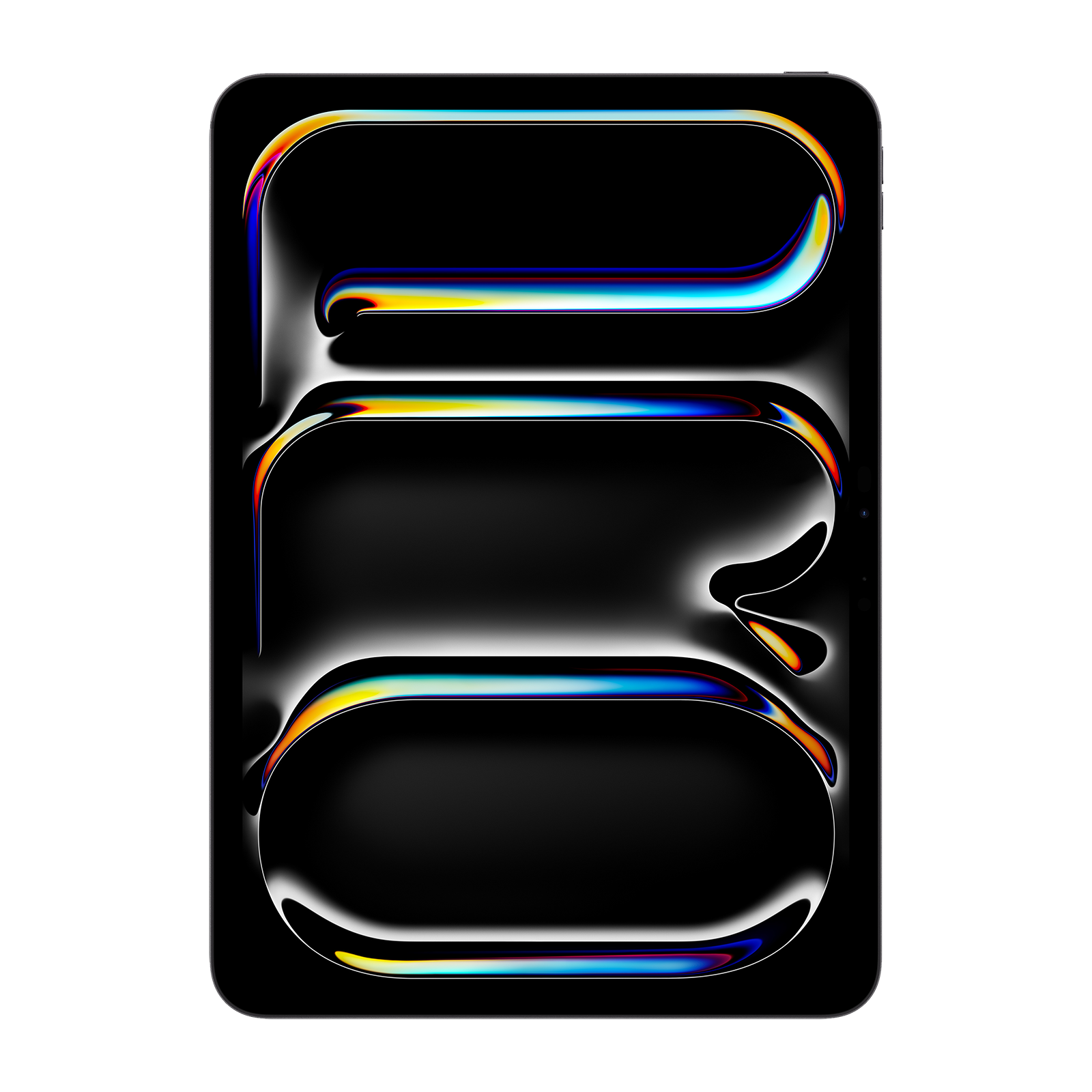When you’re shopping for a premium tablet, the choice almost always comes down to which iPad you want to buy. Sure, other tablets do exist, but the iPad is the de facto tablet thanks to an unmatched ecosystem and superb engineering. So, assuming you’re shopping for a premium tablet, do you need the power of the brand new iPad Pro (M4) or will an iPad Air (M2) suffice? Let’s take a closer look at the differences between these models.
1. Pricing: The Pro is more expensive
Specifications aside, the most important factor to first consider is the price. In India, the iPad Air M2 starts at Rs 59,900, while the iPad Pro M4 starts at Rs 99,900. If price is a concern, pickup up the Air is the default option.
2. CPUs: M4 is about 20 per cent faster than the M2
The iPad Air uses Apple’s M2 chip while the Pro uses the M4. The former features an 8-core CPU, 9-core GPU, 16-core neural engine, and 8GB of RAM with a bandwidth of 100GB/s. The M4 chip, on the other hand, offers up to 10 CPU cores, 10 GPU cores, a 16-core neural engine, and either 8 or 16GB of RAM depending on the variant you buy. This RAM also has a higher bandwidth of 120GB/s.
ALSO READ: Evolution of the iPad: Every single iPad launched since 2010
All that these numbers indicate is that the iPad Pro is about 20 per cent faster than the iPad Air in benchmarks. In real-world use, the average user will notice no difference in performance, and even power users will struggle to tell the two apart except under very heavy workloads.
3. Display tech: Tandem OLED vs IPS LCD
By far the most noticeable upgrade with the new iPad Pro is Apple’s impressive new tandem OLED display. The iPad Air sticks with a traditional IPS LCD, which has a refresh rate of 60Hz and a max brightness of 500 nits. This is the same display that Apple has installed on its iPads for years. The new iPad Pros, on the other hand, have now upgraded from a miniLED display, to a dual-layer OLED panel that Apple is calling tandem OLED.
ALSO READ: Apple iPad variants: Which tablet suits your lifestyle and needs the best
The two OLED layers are stacked on top of each other to deliver an astonishing 1000 nits of brightness for SDR content, and 1,600 nits for HDR content. There is no other commercially available display that offers such precise colour accuracy and HDR brightness in a tablet form factor, and is easily the single most impressive feature of the new iPad Pros.
Do you need a tandem OLED display? Of course not. But if you have the budget for it, that display alone is worth Apple’s asking price.
4. Connectivity: Thunderbolt or USB 2.0?
While both iPad models have a USB-C connector for data transfer and charging, the one in the iPad Air is rated at USB 2.0 speeds and is nearly 100x slower than the USB4/Thunderbolt support that the Pro has. If you need to transfer a lot of files back and forth, say when you’re editing videos, you’re going to want an iPad Pro. The iPad Air is too slow for that.
5. Video editing: ProRes support
Speaking of video editing, if you’re editing videos professionally, you’re going to want an iPad Pro simply because it’s the only iPad model that supports hardware encoding and decoding of the ProRes codec. ProRes is a proprietary video recording and editing format that stores a lot more data than the compressed H.264 and HEVC codecs that smartphones tend to record in.
ALSO READ: M4 iPad Pro to Apple Pencil Pro: Everything launched at Apple’s ‘Let Loose’ event
It’s generally professionals who use and need ProRes, and if you’re one such, you’ll need an iPad Pro. The M2 iPad Air can edit video very well, but it doesn’t natively support the ProRes codec, which means that it’ll be much slower to work with.
6. Miscellaneous differences
1. Touch ID vs Face ID:
The iPad Pro uses Face ID for unlocking the device, while the iPad Air uses a Touch ID sensor built into the standby button.
2. Speaker array:
The Pro offers a 4-speaker array to the Air’s two. Effectively, this means that the Pro offers much louder and better audio. Another advantage the Pro has is that you’ll hear stereo audio even in portrait orientation, but this is not the case with the Air as the speakers are placed in a landscape orientation.
3. Thickness and weight:
At 5.3mm to the Air’s 6.1mm, the iPad Pro is significantly slimmer. It’s also lighter than the Air, but not by much.
ALSO READ: iPad Pro 2024 vs iPad Pro 2022: What’s different this time around?
The iPad Pro and iPad Air are both brilliant devices that have more power than most people will need. Unless you’re a professional who really knows what they’re looking for, the iPad Air is plenty. However, if you are indeed a professional who intends to use the iPad for work, or someone who just wants the best tablet that money can buy, the Pro is what you want.
Both tablets are available in 11-inch and 13-inch variants.
Unleash your inner geek with Croma Unboxed
Subscribe now to stay ahead with the latest articles and updates
You are almost there
Enter your details to subscribe

Happiness unboxed!
Thank you for subscribing to our blog.
Disclaimer: This post as well as the layout and design on this website are protected under Indian intellectual property laws, including the Copyright Act, 1957 and the Trade Marks Act, 1999 and is the property of Infiniti Retail Limited (Croma). Using, copying (in full or in part), adapting or altering this post or any other material from Croma’s website is expressly prohibited without prior written permission from Croma. For permission to use the content on the Croma’s website, please connect on contactunboxed@croma.com
- Related articles
- Popular articles




















Anirudh Regidi
Comments